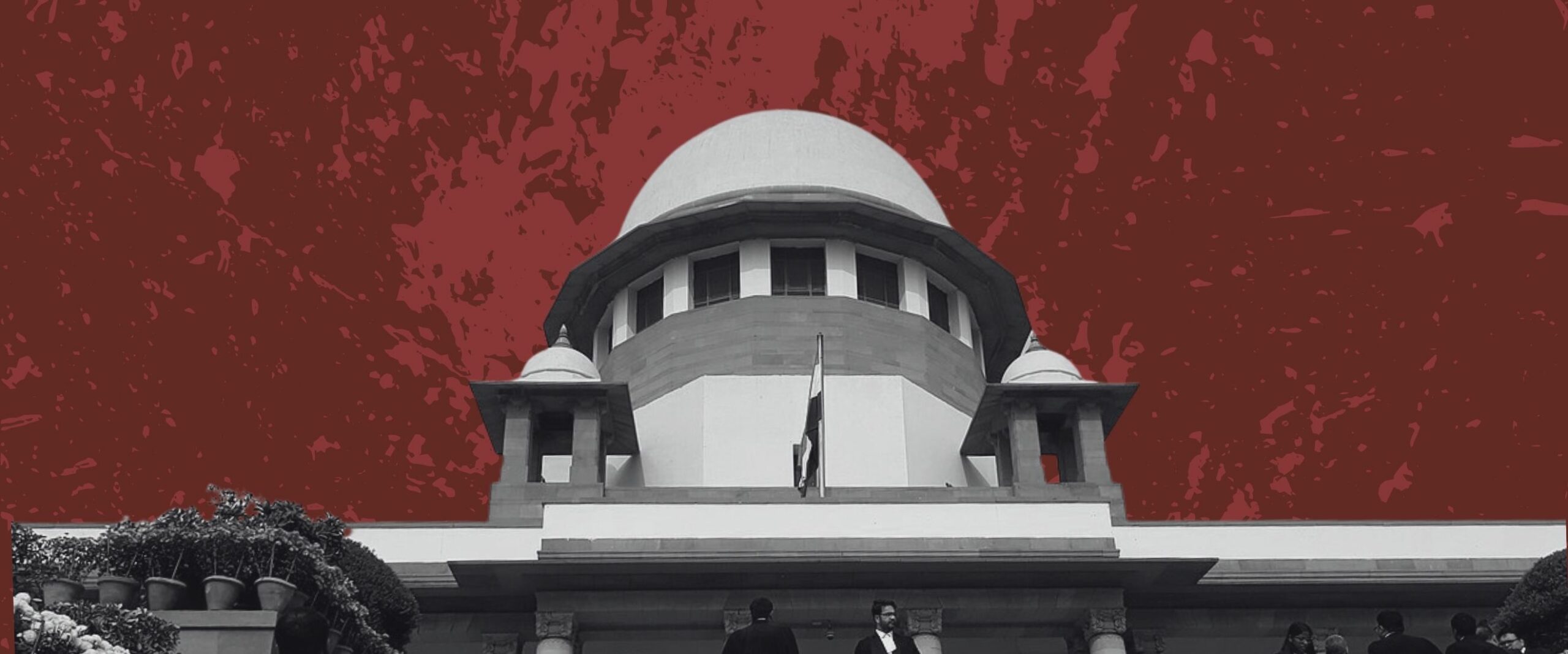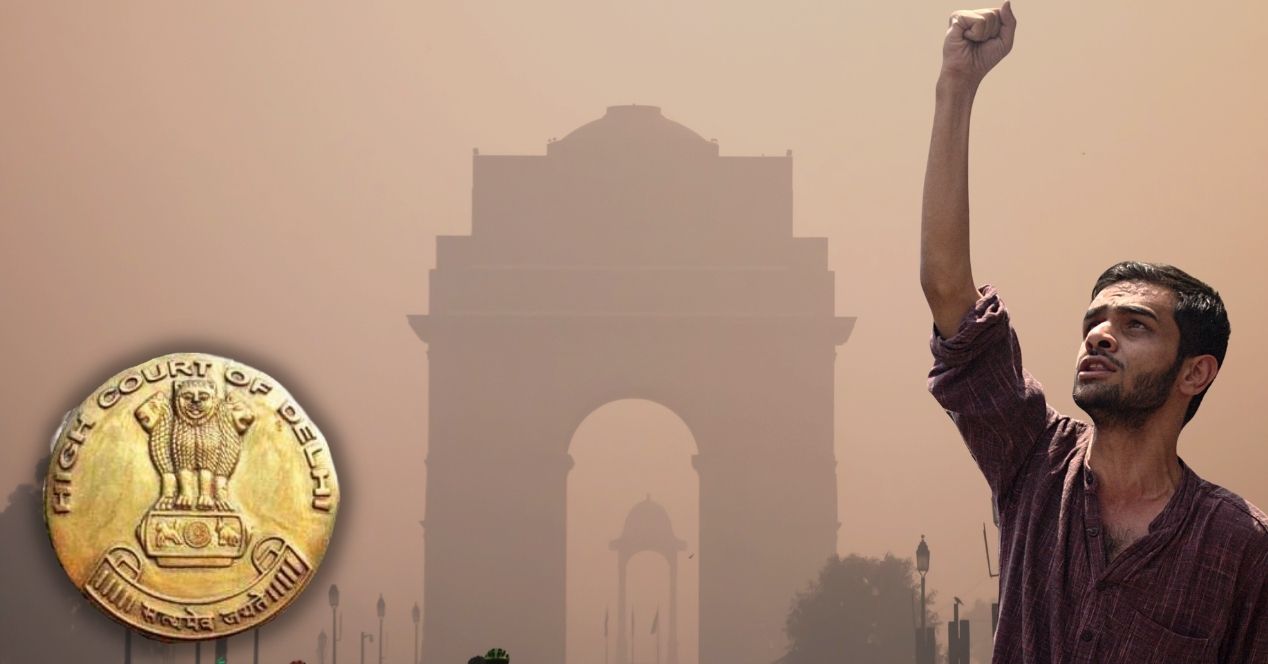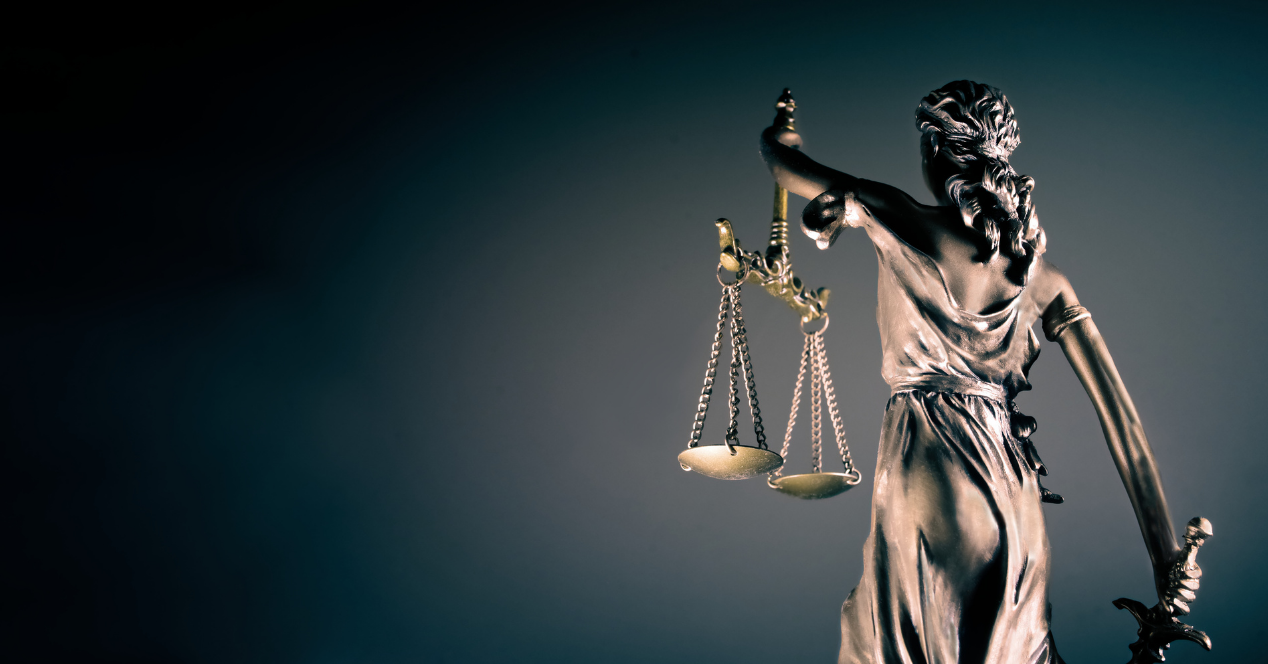Analysis
Monthly Review: May 2022
SC judges begin summer vacation after a month of hearings on religion, administration and freedom of speech.

After a month of intense hearings in controversial cases on religion, administration and freedom of speech, Supreme Court judges probably sighed in relief when summer vacation began on 23rd May. As the judges cool off in Delhi’s sweltering heat, SCO highlights the most notable activities in the month.
Lt. Governor and NCT Delhi: SC Refers the Case to a Constitution Bench
For the first time since September 2021, the SC, for the first time in Chief Justice N.V. Ramana’s tenure, referred to a Constitution Bench the dispute for control over civil servants in the National Capital Territory (NCT). On May 6th 2022, Chief Justice N.V. Ramana and Justices Surya Kant and Hima Kohli, upon Solicitor General Tushar Mehta’s insistence, referred the dispute to a 5-Judge Bench. According to the Chief Justice, the case involves a constitutional question concerning the interpretation of Article 239AA,which gives special status to Delhi.
Sedition: Court Deferred Hearings, Allowed Union to Review Section 124A IPC
On May 5th, after over nine months of inactivity, the Supreme Court heard challenges to Section 124A of the Indian Penal Code, 1860. In the previous hearing in July 2021, the Court expressed concerns about the misuse of sedition law by police officials. In May, Senior Advocate Kapil Sibal, leading the challenges to sedition, requested the Court to refer the case to a larger 7-Judge Bench. Soon after, Solicitor General Tushar Mehta filed an affidavit requesting the Court to defer hearings until the Union had re-examined the provision.
On May 11th, in an unexpected move, the SC allowed the deferral. The Union’s re-examination, which could lead to modification or overhaul of the provision, may take months, or even years to complete. The SC ‘expects’ that no coercive action will be taken by State and Union law enforcement agencies under S 124A during this period, but room for concern about misuse remains. In its Order, the SC stated that lower Courts must consider bail applications by sedition undertrials afresh, in light of this development. This revived hope for those accused of sedition such as activist Umar Khalid, whose bail petition is being heard by the Delhi High Court.
Delhi High Court Began Hearing the Umar Khalid Bail Petition
On March 24th 2022, the Karkardooma Sessions Court in Delhi denied bail to activist Umar Khalid, accused under the Unlawful Activities (Prevention) Act, 1967 of instigating the Delhi Riots during the protests against the Citizenship (Amendment) Act, 2019. Nearly a month later, Mr. Khalid appealed the Order before the Delhi High Court. SCO’s timeline traces the case from the initial First Information Reports to the Sessions Court Order. All through May, a special Bench consisting Justices Siddharth Mridul and Rajnish Bhatnagar heard the arguments of Senior Advocate Trideep Pais, counsel for Mr. Khalid. SCO’s court-side report documents Mr. Pais’ argument that the Delhi Police made baseless claims in the chargesheet, and wrongfully added Mr. Khalid’s name as one of the accused. The matter was heard last on May 30th, 2022, before the Delhi High Court began summer vacation.
Judgment Reserved in Petition Seeking Review of Fee Scale for Arbitrators
In 2021, the Oil and Natural Gas Corporation Limited approached the SC seeking a revision of the fee structure for arbitrators under the Fourth Schedule of the Arbitration and Conciliation Act, 1996 (The Arbitration Act). They argued that arbitrators must not be allowed to increase the previously agreed fee mid-way through the hearing. The overwhelming concern was that Public Sector Undertaking would not be able to bear the exorbitant fee without scrutiny from the Comptroller and Auditor General. On May 11th 2022, the SC reserved Judgment. The Court’s decision will likely affect the viability of arbitration as a cost-effective alternative dispute resolution mechanism.
The Gyanvapi Dispute Reaches the Supreme Court
In August 2021, five Hindu women filed a petition before a Varanasi Civil Court for permission to worship the Hindu idols allegedly located inside the Gyanvapi mosque. They sought a survey to ascertain the existence and location of these idols. With the Allahabad High Court and Civil Judge (Senior Division)’s permission, the survey commenced on May 6th, fuelling religiously charged protests. The Gyanvapi mosque’s Management Committee approached the Varanasi Civil Court on May 7th to specify the areas and duration of inspection and to remove Ajay Kumar Mishra as Advocate Commissioner to lead the survey. The Civil Court’s rejection of the request on May 12th brought the Supreme Court into the complex litigation surrounding Gyanvapi.
On May 17th, Justice Chandrachud commented that while the survey itself does not violate the Places of Worship (Special Provisions) Act, 1991, the shiv lingam must be protected but without restricting Muslims’ right to perform wazu (wash) and offer namaz. However, the order remained silent on the interpretation of the Places of Worship Act. On May 20th, 2022, Justices D.Y. Chandrachud, Surya Kant, and P.S. Narasimha transferred the case from the presiding Varanasi Civil Judge Ravi Kumar Diwakar to the more ‘seasoned hand’ of a Varanasi District Judge.
Retirements and Appointments at the SC
On May 9th 2021, Justices J.B. Pardiwala and Sudhanshu Dhulia were appointed to the SC. Pardiwala J will become the Chief Justice of India (CJI) for a two-year term in 2028, if the seniority norm is followed. These appointments brought the SC to its sanctioned strength at 34 judges. This lasted for just a day, before Justice Vineet Saran’s retirement on May 10th.
Saran J’s retirement is the second this year, and marks the beginning of a long season of retirements of SC judges. Read SCO’s report on his tenure, which covers the number of judgments he wrote, compared to the average SC judge.
Justice L.N. Rao will retire on June 7th 2022, after a tenure of over six years. SCO’s timeline of his career and key cases is available here.
Looking Ahead: June 2022
The Supreme Court will continue its summer vacation through June, and re-open on July 11th 2022. Vacation benches are commonly constituted by the CJI to hear urgent matters. When the Court reopens in July, we expect hearings to resume in the fight for administration in NCT Delhi, constitutionality of the income criteria for EWS reservations, challenge to the validity of the appointment of Mr. Rakesh Asthana as Delhi’s Police Commissioner, and the transfer of IT Rules challenges from High Courts. We may also see the Court ask for the Technical Committee’s report in the Pegasus Probe, and seek an update from the Union on the revision of sedition law.
After the vacation, we can also expect a judgment in key cases such as the challenge to the Prevention of Money Laundering Act, 2002, Zakia Jafri and Gujarat Riots Special Investigation Team, and the petition seeking a review of arbitrators fee.




